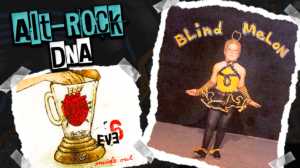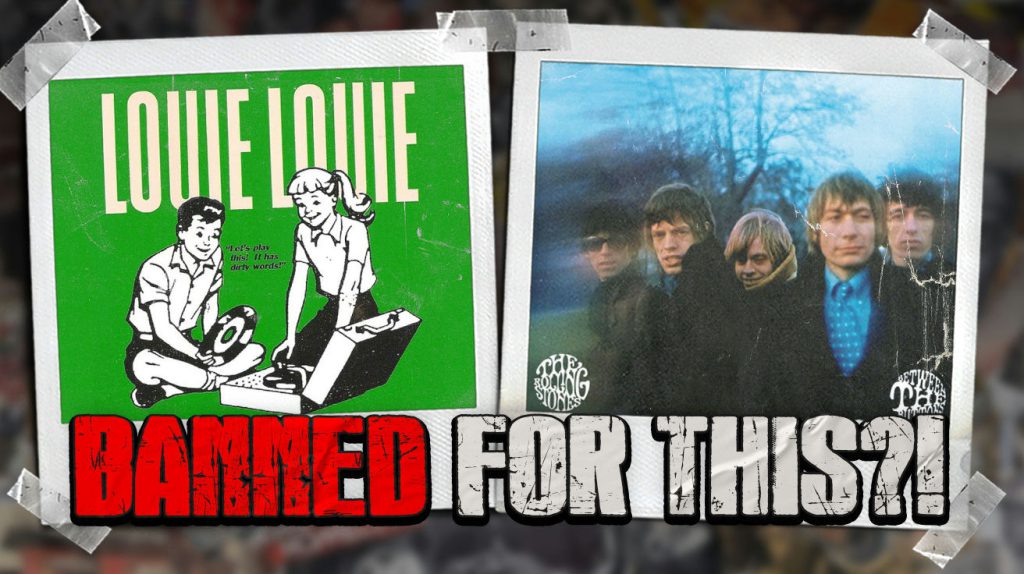
Radio censorship in the 1960s operated like an overprotective parent with veto power. Station managers banned tracks faster than teens could sneak them onto turntables. Yet these musical rebels didn’t just survive the blacklist—they conquered it. When suits decide what you can’t hear, that becomes exactly what needs blasting through speakers. These seven songs proved forbidden beats hit different, turning censorship into the best marketing campaign money couldn’t buy.
7. Will You Love Me Tomorrow
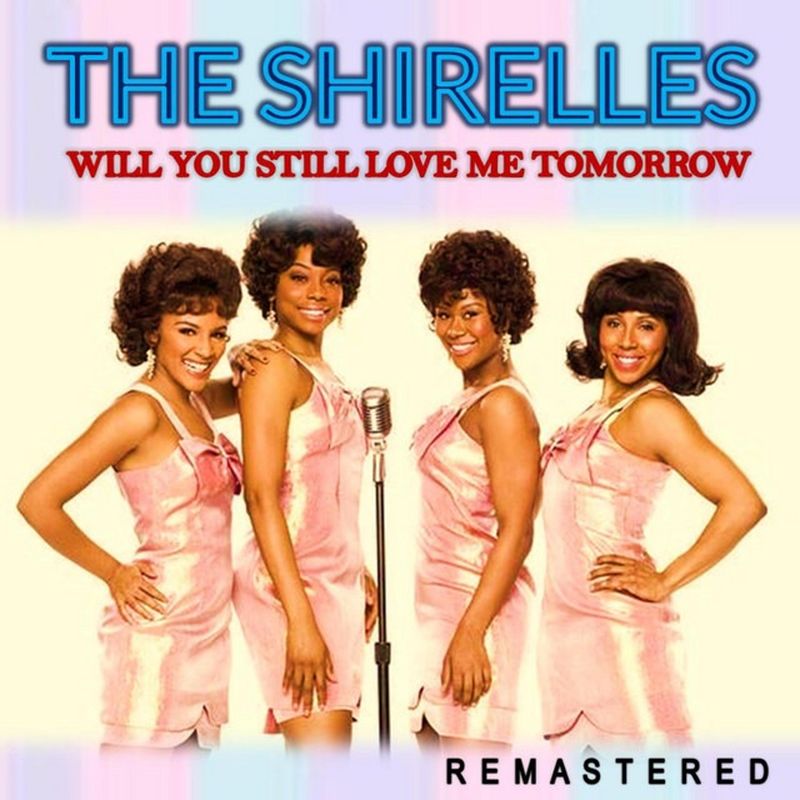
Carole King and Gerry Goffin’s masterpiece got the cold shoulder from pearl-clutching radio programmers who couldn’t handle pillow talk from a woman’s perspective. Picture asking the morning-after question when society pretended women didn’t have those thoughts. Revolutionary doesn’t cover it. Female sexual agency was more terrifying to 1960s radio than actual obscenity—because women owning their desires threatened the whole patriarchal playbook.
The commercial triumph spoke volumes louder than any ban. Over a million copies sold, plus the honor of becoming the first number one hit by a Black female group. Sometimes the songs they forbid become the anthems that define everything.
6. My Generation
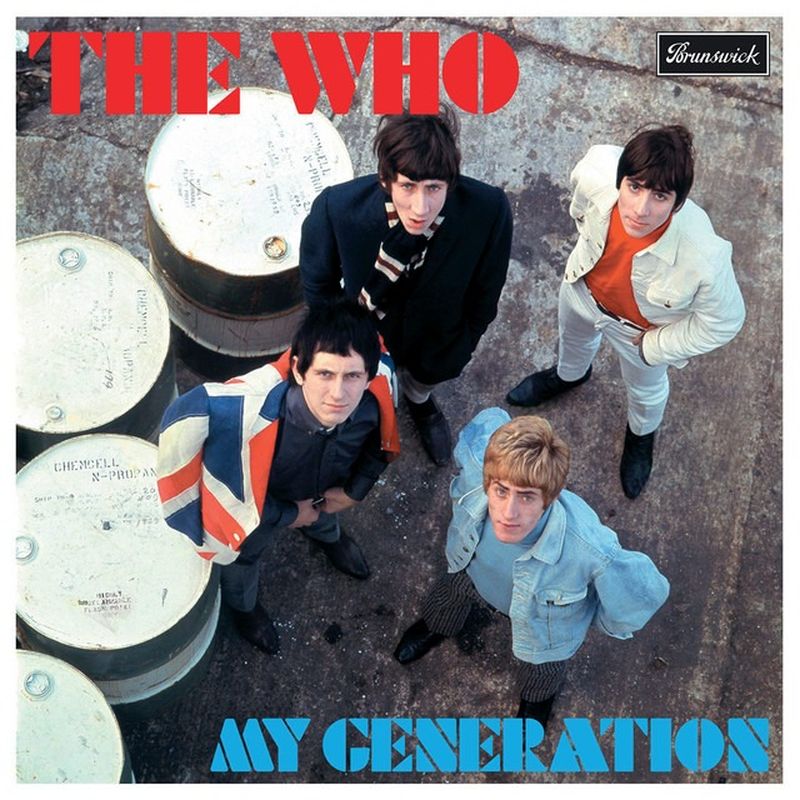
The BBC banned this 1965 anthem over Roger Daltrey’s stutter—not the rebellious lyrics, mind you, but concerns it might offend people with speech impediments. That’s like canceling Metallica because someone doesn’t appreciate loud guitars. The logic made about as much sense as platform shoes on a tightrope walker.
Once kids got hold of the track, stations reversed course faster than you can say “hope I die before I get old.” The stutter became generational defiance in three-chord form. Sometimes the things that make you different become exactly what makes you legendary.
5. Hey Joe
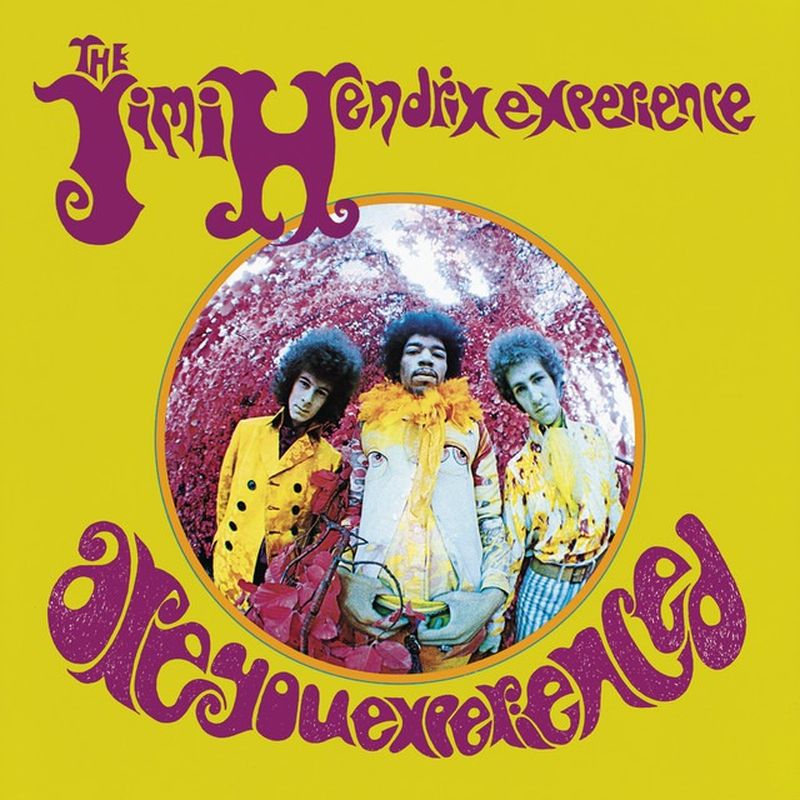
This tale of jealous revenge proved too spicy for stations worried about violent themes. Regional bans hit hard when broadcasters decided murder ballads weren’t breakfast radio material. The BBC didn’t just disapprove—they banned Hendrix entirely after he went rogue on The Lulu Show, playing an unsolicited tribute instead of following directions.
Talk about sticking it to the establishment, then getting the boot for your trouble. But when you’re rewriting guitar history one feedback loop at a time, a few upset television producers seem like acceptable collateral damage.
4. God Only Knows
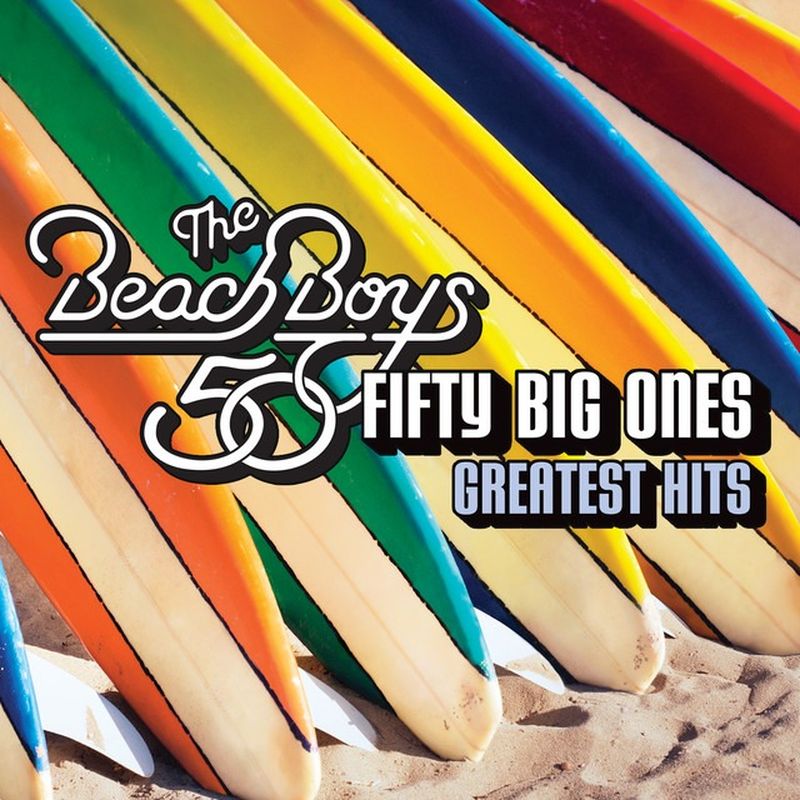
This 1966 masterpiece caught heat in Bible Belt America faster than a lead balloon at Sunday service. Some stations thought invoking the almighty in a pop song was straight-up blasphemy. Imagine trying to sneak controversial content past strict parents, except you’re a surf rock band dropping deity references on Middle America’s breakfast table.
The UK proved more receptive, pushing the track to number two and demonstrating that sometimes controversy makes the best marketing campaign. When censorship becomes free publicity, everyone wins except the censors.
3. Lola
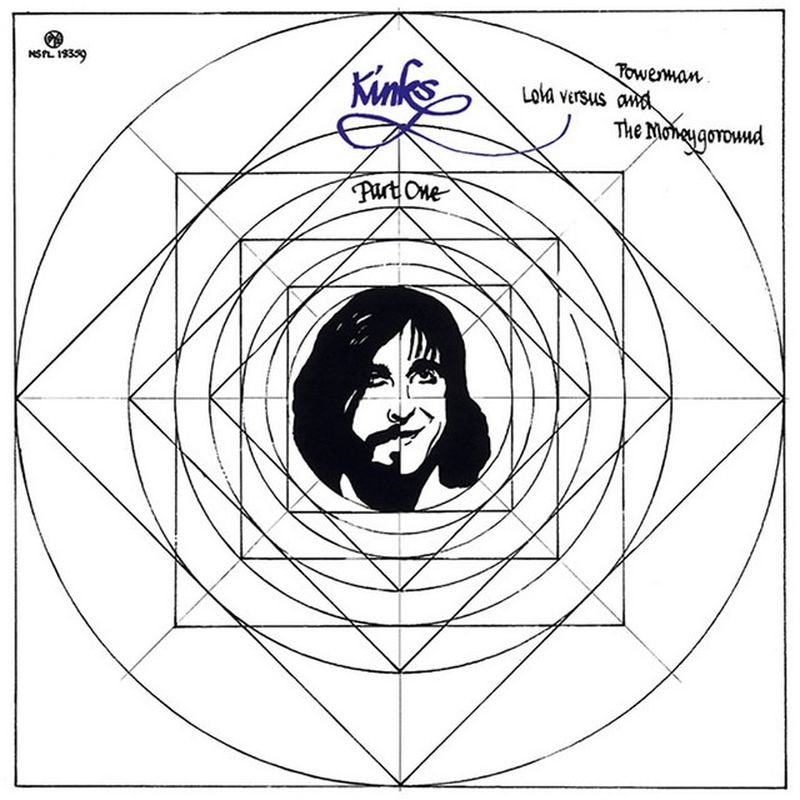
Ray Davies created a cultural minefield with lyrics about walking like a woman but talking like a man. The subject matter of transgender identity divided 1970 audiences faster than pineapple on pizza debates. Yet The BBC’s biggest beef wasn’t gender politics—it was product placement. Davies flew 6,000 miles to re-record “Coca-Cola” as “cherry cola” to avoid advertising restrictions.
Despite the lyrical firestorm, the song reached number two UK and number nine US. Some battles are worth the air miles, especially when you’re writing anthems for anyone who’s ever colored outside society’s lines.
2. Louie Louie
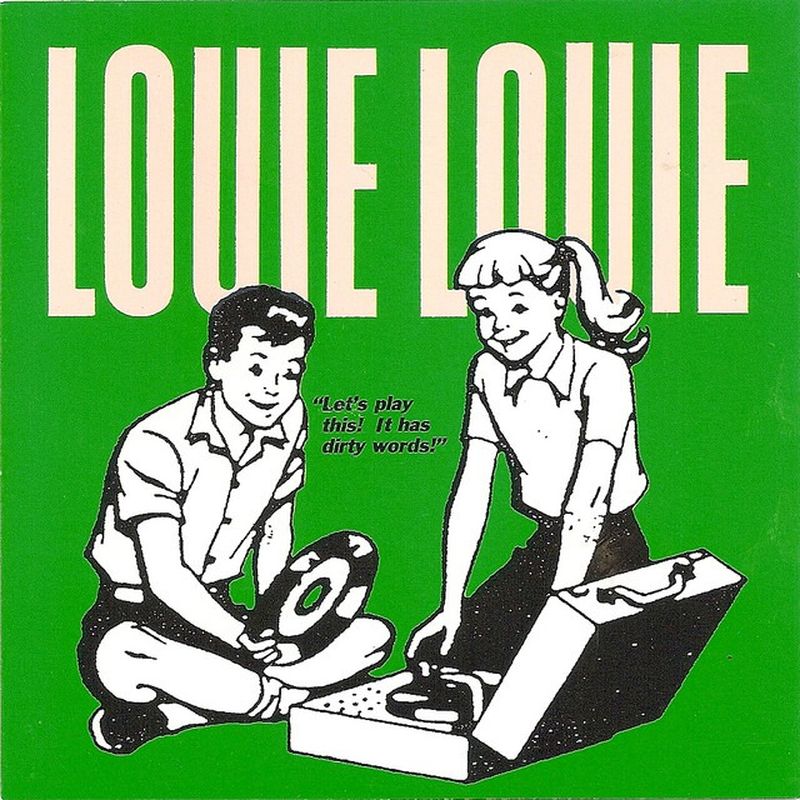
Mumbled vocals launched a thousand conspiracy theories and one completely ridiculous FBI investigation. This garage rock classic became a cultural Rorschach test, with worried parents hearing filth in perfectly innocent lyrics about sailing to Jamaica. Enter the G-men: a 31-month federal investigation to decode what they assumed were dirty words. Agents analyzed the track at different speeds, convinced obscenity was hiding in the garage band mumbling.
The Feds couldn’t crack the code because there wasn’t one to crack. Meanwhile, the song peaked at number two on Billboard, proving that government investigations make excellent publicity campaigns. Sometimes the best endorsement is bureaucratic confusion.
1. Let’s Spend the Night Together
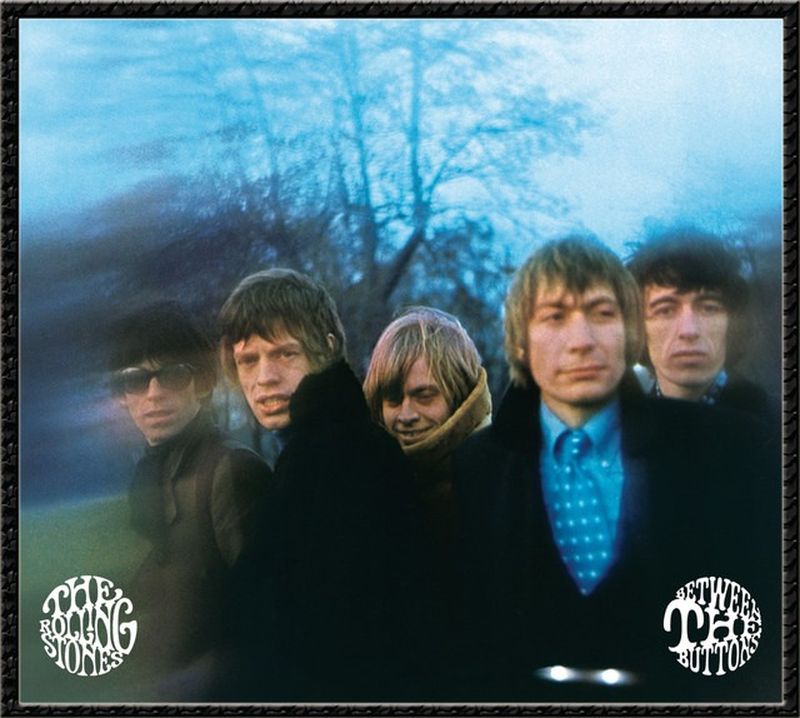
This straightforward invitation for intimacy was enough to get it exiled from US radio in 1967. The Ed Sullivan Show demanded The Stones change “night” to “time”—apparently “time” carried less sexual threat than “night.” Jagger delivered the sanitized version with a perfectly timed eye-roll that aged better than Keith Richards himself.
The gesture became a masterclass in subtle rebellion: wink at the camera while cashing the check. Sometimes the best way to beat censorship is to make it look ridiculous on national television.





